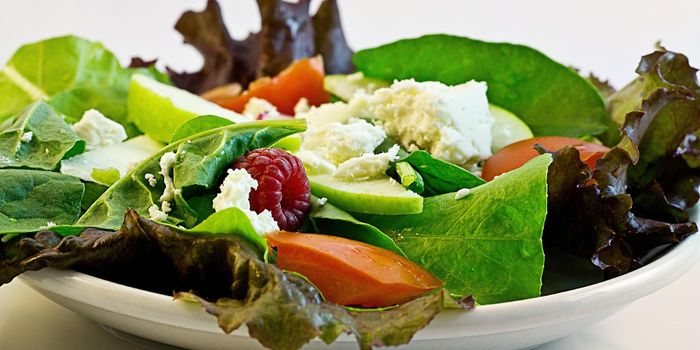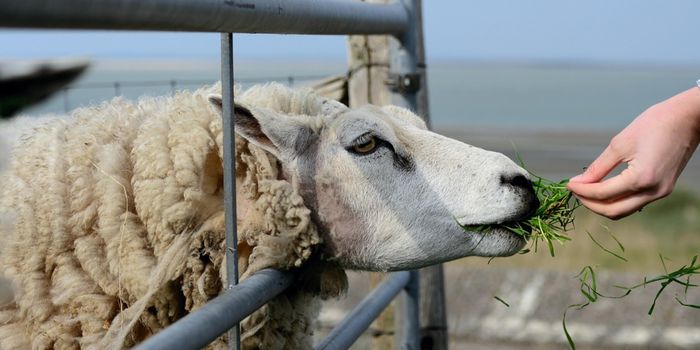Environmental Conditions Define a Chicken's Stress Endurance
Chickens can’t talk, so it’s challenging to discern precisely what makes them happy. Nevertheless, researchers from Linköping University in Sweden say they’ve discovered an intriguing link between a chicken’s environmental conditions and how it reacts to stressful situations.
Image Credit: Pixabay
Citing the study, published in the journal Scientific Reports, chickens that grow up in diverse and stimulating habitats cope with stress better than those growing up in sterile and otherwise ‘boring’ habitats.
To reach their conclusion, the researchers trained chickens to respond to the colors black and white – one represented a reward, while the other did not. Upon learning the colors and associating them with or without rewards, the chickens were presented with gray symbols so that the researchers could gauge their reaction.
Why gray? As a neutral color, it could go either way and the chickens either would or wouldn’t expect a reward. The chickens that anticipated rewards upon seeing the gray color demonstrated optimistic qualities, while those that hadn’t exhibited pessimistic qualities instead. From this, the researchers could recognize which chickens responded to stress better than others.
"In this study, we wanted to investigate how stress influences optimism, and whether a more complex environment during development can buffer and counteract negative effects of stress," said study lead author Hanne Løvlie from Linköping University.
"One interesting result was that chickens in both types of environments were equally optimistic before being exposed to stress," Løvlie continued.
Related: This chicken befriended a monkey at an Israeli zoo
Interestingly, the chickens that lived in complex surroundings seemed to be the most optimistic of the bunch. These were the ones that endured continuous habitat rearrangement, unusual noises, and bizarre lighting effects, among other forms of harassment throughout testing for purposes of stress simulation.
Conversely, the chickens that lived in sterile surroundings without stressful situations, like those mentioned earlier, were the most pessimistic during testing; this was likely because they didn’t know how to cope with it as well as the others.
"If a chicken can hide under something or fly up and perch somewhere, it can manage a stressful situation better. We believe that the possibility of controlling the situation better resulted in these individuals being able to maintain optimism, even after a period with increased stress," added study co-author Josefina Zidar, also from Linköping University.
Related: Chickens are smarter than you think
As it would seem, a chicken’s living conditions can have a significant impact on how it views life and the stresses that come with it. Unsurprisingly, the results also highlight why animal welfare is so imperative in the long run.
Source: Linköping University









